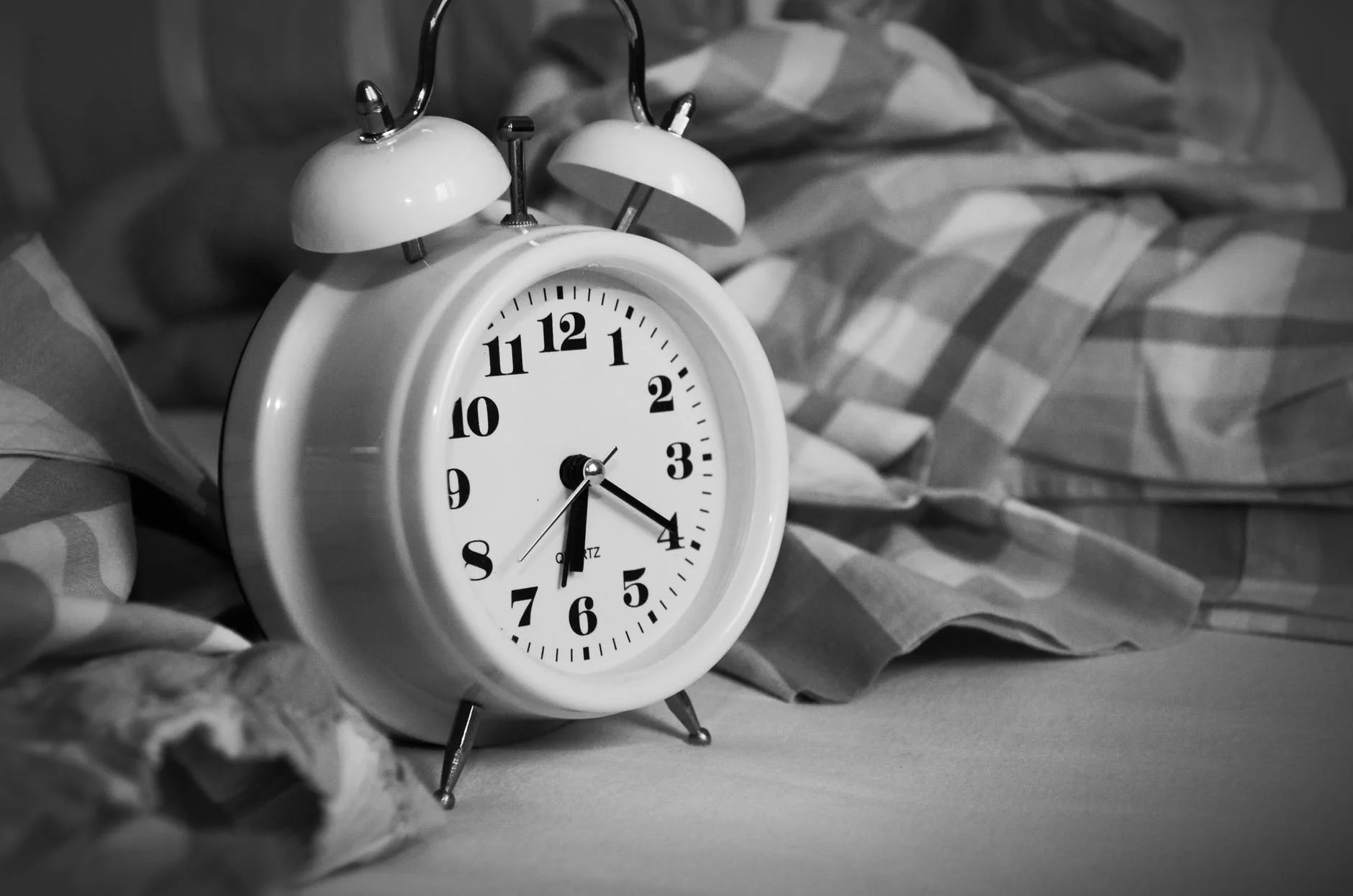The strategy of “Leaving Home at Home” is an effort to be more effective at work (yes, sounds counterintuitive). It is about setting the stage for being focused, efficient and intentional at work while at the same time, being able to plan for and address the urgencies of relationships and personal life. If you are distracted at work, thinking about all the things you need to do at home, you are not going to accomplish what you need to get done at work. Therefore, you start staying late at work, taking work home, which cuts down on important time for yourself and others, which then trickles back into work, and the vicious circle goes on and on. Prepare at home, so that you can be focused and efficient at work.
Consider the following:
Hyrum Smith, one of the founders of Franklin Quest and the Franklin Day Planner, called the time between 5:00 a.m. and 8:00 a.m. “the magic three hours”. (If you are not a morning person, the magic three hours can be 8:00 p.m. – 11:00 p.m.) How are you spending these important hours? Most people will reply, “sleeping!” Use these 3 hours to your benefit. If you have children, these can be uninterrupted hours where you can plan your day, exercise, meditate, prep meals in advance, spend time on social media (if that is important to you), check and respond to your personal email, and accomplish those things that really matter to you and your family. You can also use this time to focus on your family. Help them prepare for the day, spend time reading together, talk over a meal, help with homework, etc. The idea here is to not be rushed. Take the time necessary in the morning (or late evening) so that when you leave the house for work, you are ready for work, you have planned the day, you have spent quality (and quantity) time with your family. You have earned the right to focus on work because you have taken the time to prepare to leave home behind.
Leave social media and your personal email at home. Now I get it, social media and email can be accessed anywhere. But, make a rule with yourself that you will not check social media and personal email while you are at work. Turn off personal email and social media notifications. The challenge with social media is that it can really draw you in. If you get a notification, even if you don’t check it, you will be distracted with the thought, “I wonder what Brandon just Tweeted?” You might say “I’ll just go on social media for 5 minutes.” But the challenge is that 60 minutes later you are still on it. It is easy to lose track of time, focus and valuable time at work. If you really feel the need to stay in touch during the day, block out time during lunch and/or a break to check in. Set a limit and an alarm. When the alarm goes off, shut it down and turn your focus back to work.
Have a plan with your family and friends on how to contact you while you are at work. If you are going to follow the previous strategy of not checking personal email and social media while you are at work, let your friends and family know that this is the case. Tell them if something is urgent and important that they will need to text you and/or call you. Establish that a text is not so urgent and a call is more urgent. In my family, we have rules around phone calls during work hours. It’s alright to call each other at work. If the other person is available, they will pickup. If they are not available, leave a message and they will check it as soon as they are available. If it is an emergency, call a second time (two calls in a row). That means the call is very important and to leave whatever you are doing and take the second call.
If you are following the “leave work at work strategy” your evenings again become a time of re-connecting, returning messages, focusing on relationships, focusing on your personal goals and closing out the day.
Close out the day. At the very end of the day, take 15 minutes to close out your day. Think about all that you accomplished. Make a list of those things that you want to accomplish tomorrow in your relationships and around your personal goals. Get them all down on paper and out of your head. This and “closing out your day at work,” will enable you to sleep better.
Being intentional, having a communication plan and expectation, investing the right amount of time at the right moment, and closing out your day will allow you to leave home at home and be more effective at work. Also remember that “life happens.” Kids get sick, you occasionally just need to sleep in, you decide to spend the afternoon bingeing on social media. Don’t be too hard on yourself. Resolve that tomorrow is another day. Keep at it.
